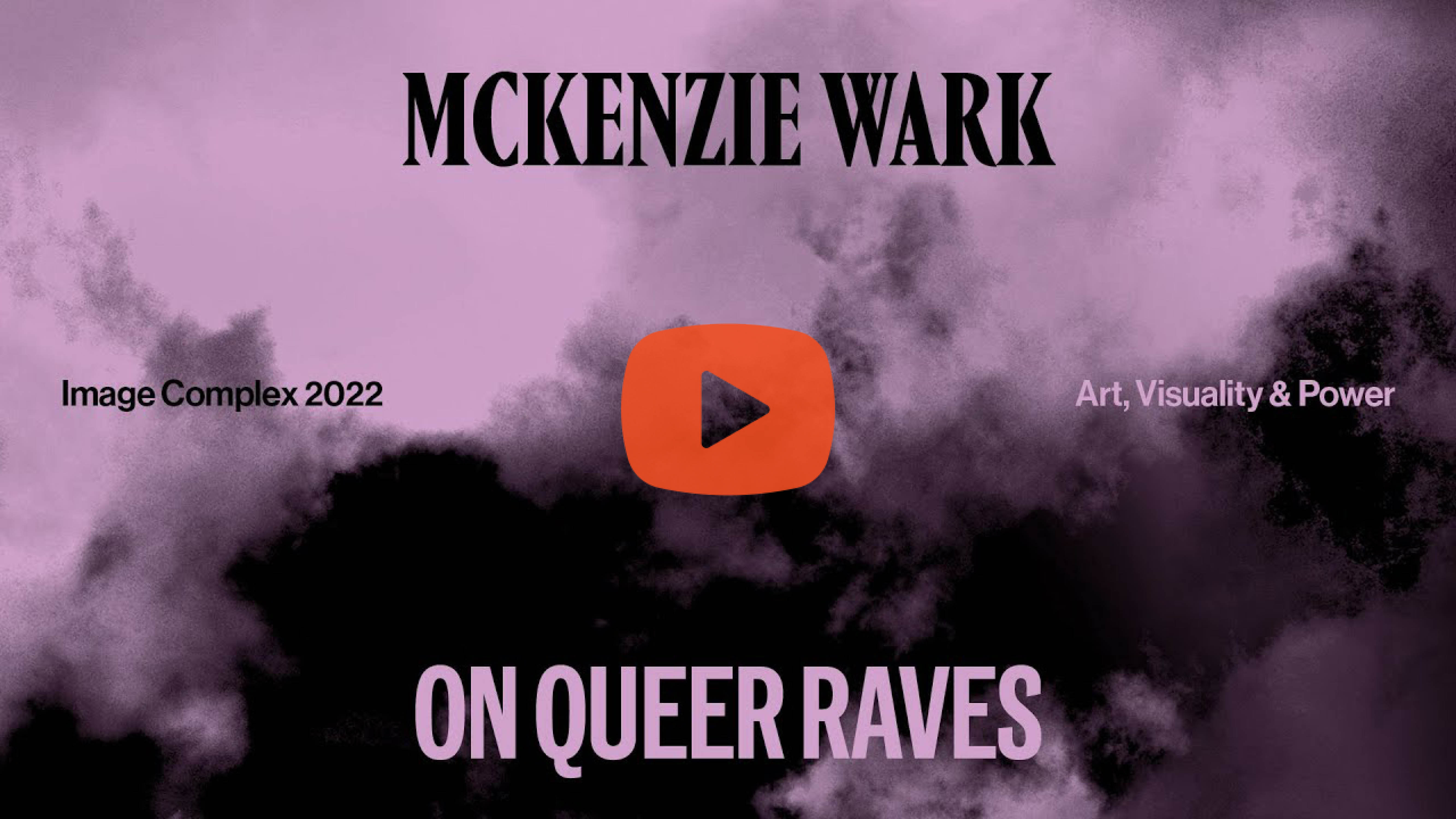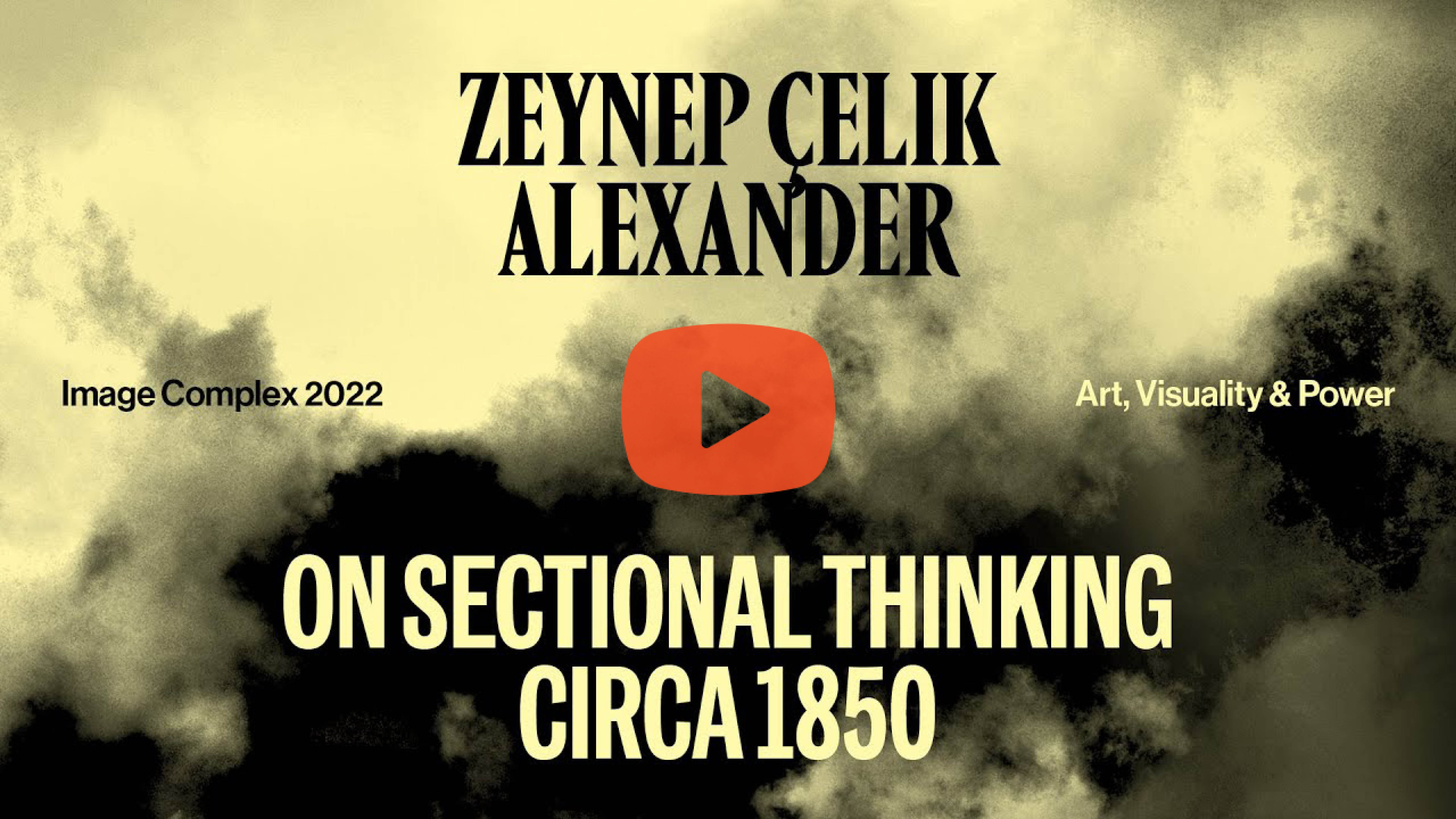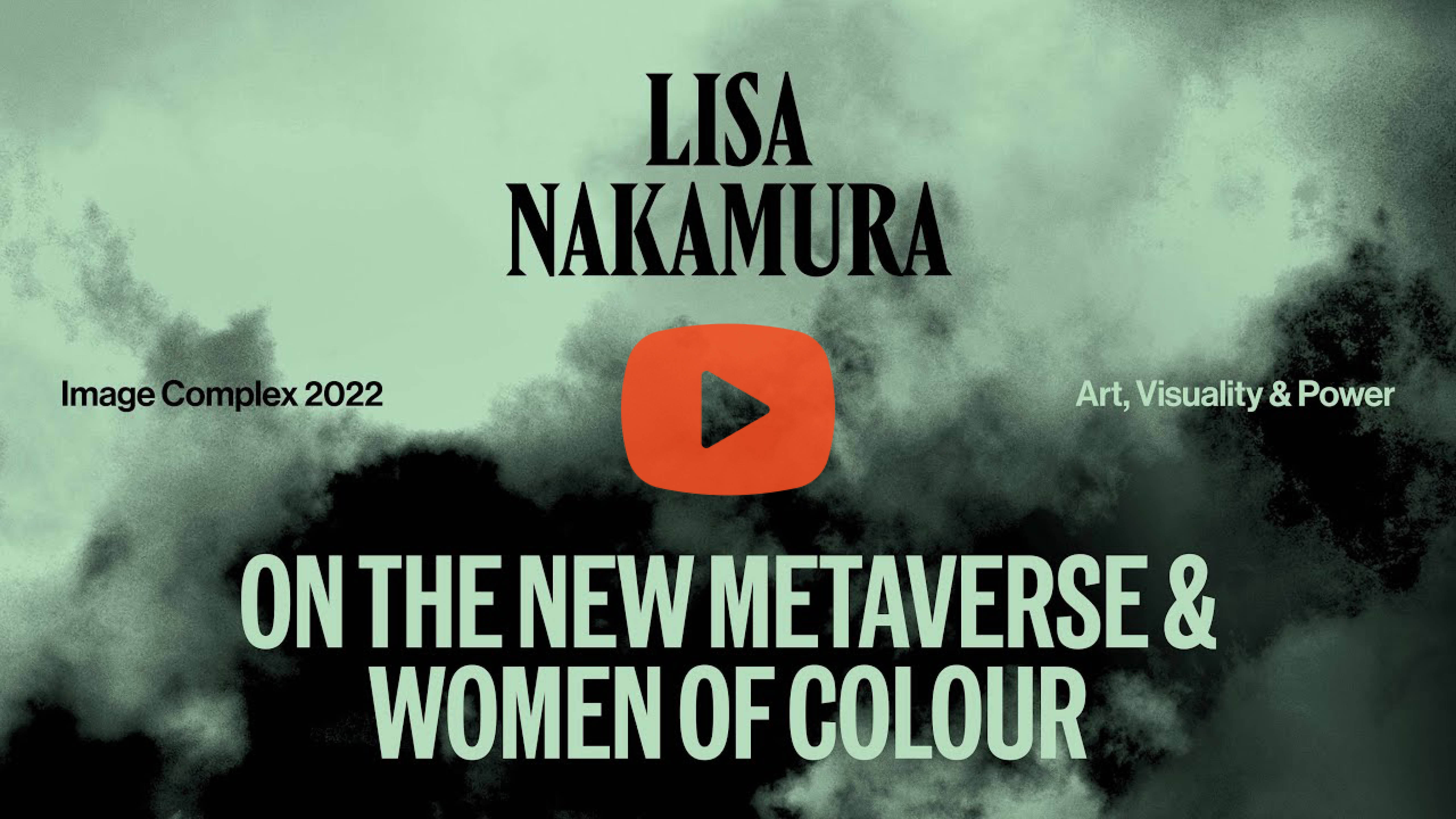Image Complex 2022
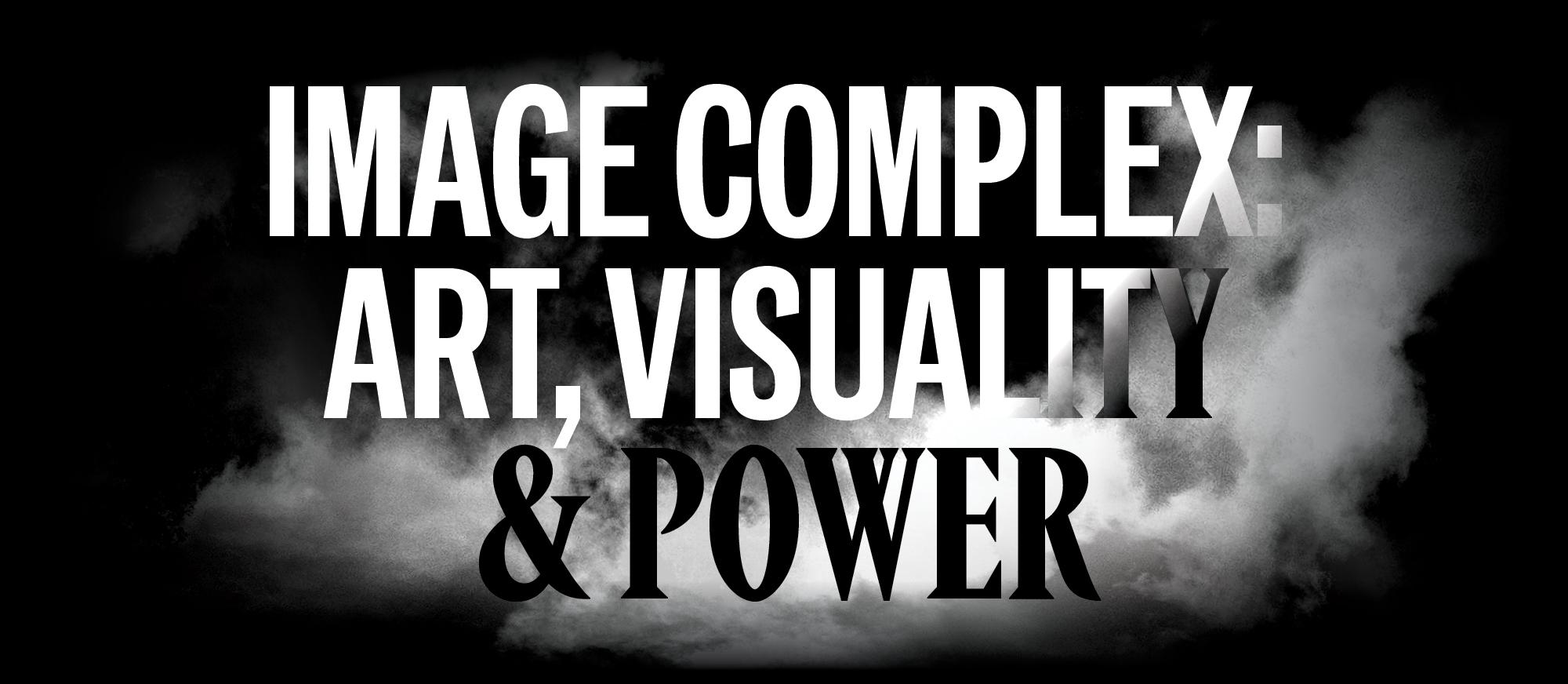
This series introduces new scholarship on the way visuality shapes the history and politics of identity, technology and imperialism.
Series convened by Nick Croggon, Events and Programs Officer at the Power Institute.
Today, as we fret about the forces that underpin our screen-based lives, we are reminded once again that vision is not a timeless faculty, but a deeply historical and political construction. Images and artworks exist not simply as objects to be admired or interpreted, but as part of a vast visual infrastructure that governs our lives, shaping what we see, who we are, and what we can do. This infrastructure is what Meg McLagan and Yates McKee call the “image complex”.
This online lecture series introduces four leading scholars whose work cracks open the history of the image complex, and its imbrication with processes of capitalism, imperialism, racialisation, and militarism. Their research also illuminates the practices and visual regimes that have long resisted these processes.
Events
Past

Refuge in the Unseen: On Queer Raves
A lecture on the politics and aesthetics of New York’s underground queer and trans rave scene.
People

McKenzie Wark
McKenzie Wark is the author, among other things, of Reverse Cowgirl (Semiotexte), Raving (Duke) and Love and Money, Sex and Death (Verso). She is Professor of Media and Culture at Eugene Lang College, The New School in New York.
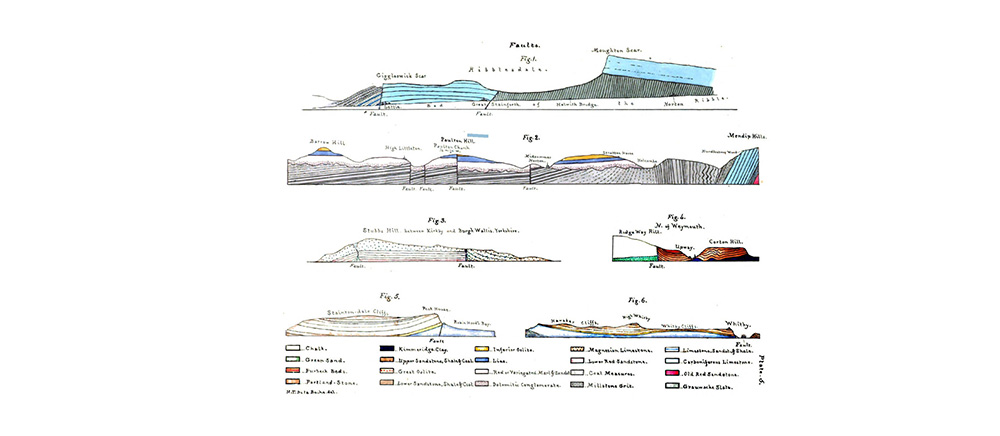
The second program in our 2022 series Image Complex, which introduces new scholarship on the way visuality shapes the history and politics of identity, technology and imperialism.
People

Zeynep Çelik Alexander
Zeynep Çelik Alexander’s work focuses on the history and theory of architecture since the Enlightenment. After being trained as an architect at Istanbul Technical University and Harvard Graduate School of Design, she received her Ph.D. from the History, Theory, and Criticism Program at M.I.T.
Çelik Alexander is the author of Kinaesthetic Knowing: Aesthetics, Epistemology, Modern Design (Chicago and London: University of Chicago Press, 2017), a history of an alternative mode of knowing—non-propositional, non-linguistic, and based on the movements of the body—that gained saliency in the nineteenth century and informed the epistemological logic of modernism in the German-speaking world. A second volume, co-edited with John J. May (Harvard University) and forthcoming from the University of Minnesota Press, examines the histories of a series of techniques that have come to dominate contemporary design disciplines. Çelik Alexander is also currently at work on new book that explores nineteenth-century architectures of bureaucracy from the Kew Herbarium to the Larkin Administration Building.
Çelik Alexander has published in numerous venues, including Journal of the Society of Architectural Historians, New German Critique, Harvard Design Magazine, Log, e-flux, Grey Room, Journal of Design History, and Centropa. Çelik Alexander is a member of the Aggregate Architectural History Collaborative and an editor of the journal Grey Room.

The New Metaverse and Women of Color
Part of our 2022 series Image Complex, convened by Nick Croggon.
People

Lisa Nakamura
Lisa Nakamura is the Gwendolyn Calvert Baker Collegiate Professor of American Culture at the University of Michigan and a Primary Investigator for the DISCO (Digital Inquiry, Speculation, Collaboration, and Optimism) Network, a collective of critical researchers working on race, gender, disability, and digital technologies. She is the author of several books on race, gender, and the Internet, most recently Racist Zoombombing (Routledge, 2021, co-authored with Hanah Stiverson and Kyle Lindsey) and Technoprecarious (Goldsmiths/MIT, 2020, as Precarity Lab.

The Afterlives of Images: A Correspondence
The fourth and final program in our 2022 series Image Complex, which introduces new scholarship on the way visuality shapes the history and politics of identity, technology and imperialism.
People

Tina Campt
Tina Campt is Roger S. Berlind ’52 Professor of Humanities in the Department of Art and Archeology and the Lewis Center for the Arts at Princeton University. Campt is a black feminist theorist of visual culture and contemporary art and the founding convener of the Practicing Refusal Collective and the Sojourner Project. Her early work theorized gender, racial, and diasporic formation in black communities in Europe and southern Africa, and the role of vernacular photography in historical interpretation. Campt has published five books including: A Black Gaze (MIT Press, 2021); Listening to Images (Duke University Press, 2017); Image Matters: Archive, Photography and the African Diaspora in Europe (Duke University Press, 2012); and Other Germans: Black Germans and the Politics of Race, Gender and Memory in the Third Reich (University of Michigan Press, 2004). Her co-edited collection, Imagining Everyday Life: Engagements with Vernacular Photography (with Marianne Hirsch, Gil Hochberg and Brian Wallis Steidl, 2020), received the 2020 Photography Catalogue of the Year award from Paris Photo and Aperture Foundation.

